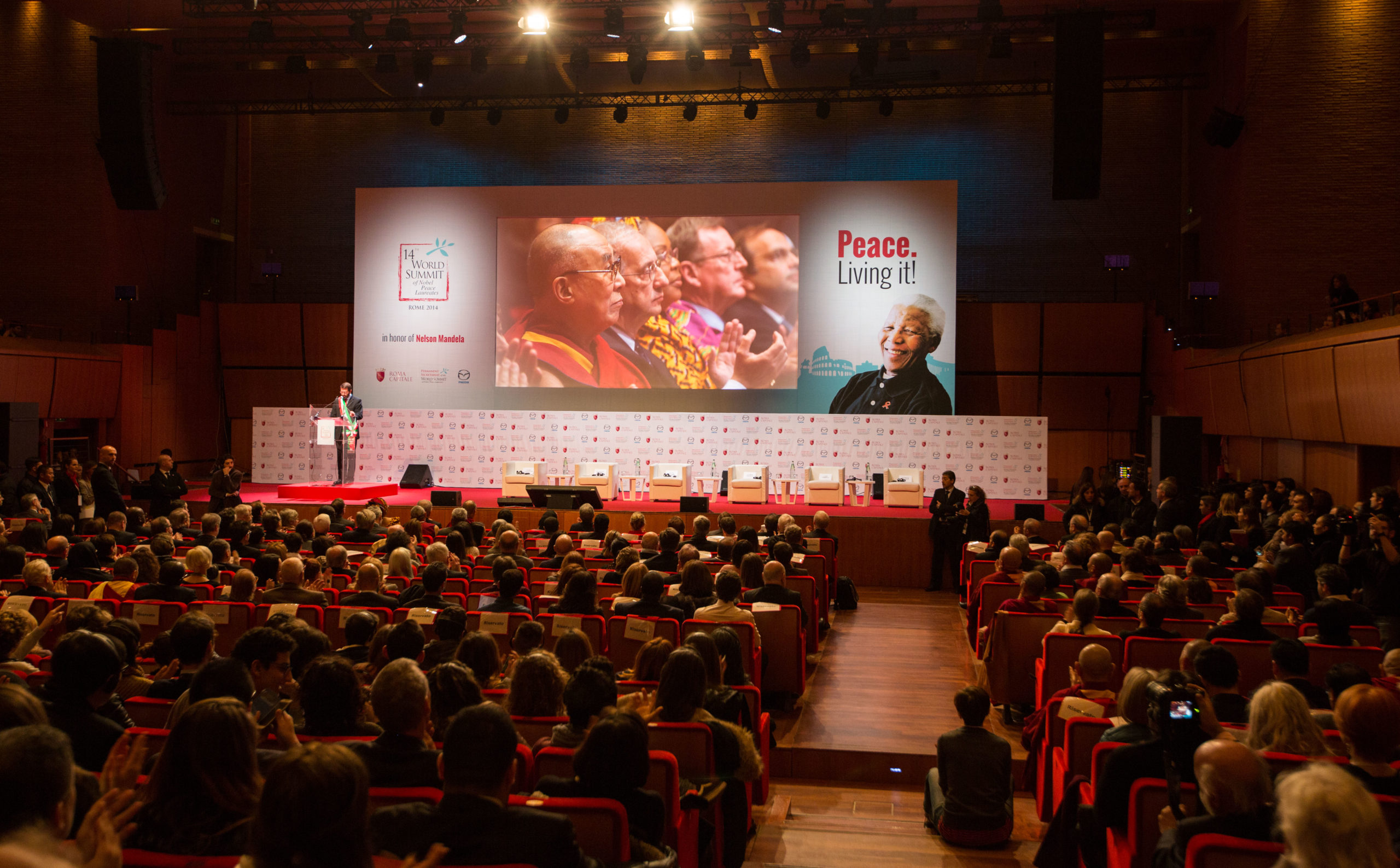Legendary Solidarity leader and icon of Communism toppling

Lech Walesa
Nobel Peace Prize Laureate, former President of Poland Lech Wałęsa is, next to Pope John Paul II one of the best known Poles in today’s world. He headed the 1980 strike in the Gdansk Shipyard, the protest which led to establishing Solidarity, the first independent trade union in the Soviet bloc. He remains one of the symbols of the fall of Communism in East-Central Europe.
Lech Wałęsa was born on September 29, 1943. The first mention of Wałęsa’s dissident activity goes back to 1968, when he have encouraged his fellow workers in the Shipyard to boycott official rallies condemning students’ strikes. From that time he started to be increasingly active in social matters. He actively participated in the Strike Committee in December 1970, and even was offered the post of the president of the Committee.
After the tragic developments of the 1970 strike, which ended in the death of 39 workers, he swore that he would never allow for such situation to happen again. Soon afterwards Wałęsa became strongly committed to dissident Free Trade Unions. He would organize Shipyard workers’ actions, distribute underground leaflets, hold meetings to teach workers about their rights and educate them.
He was one of the main instigators of the August protest in 1980. His personal stand, tenacious negotiations, and struggling for the striker’s demands, support and trust that he enjoyed on the part of the strike participators throughout Poland, contributed to creating the sense of solidarity and community among Poles, which was institutionally expressed with the establishment of the Free Independent Trade Union “Solidarity.” That was the time when all the world followed the events in Poland, Gdańsk and the moves of Lech Wałęsa, who would represent the interests of his countrymen with dignity, winning admiration and respect of the free world.
The totalitarian regime reacted to all those developments by introducing martial law on December 13, 1981. Lech Wałęsa was among the first individuals to be interned. All the way through the dark time of martial law and difficult period after the ban of “Solidarity,” when the Union was routed and few people retained any hope for victory, Lech Wałęsa was the one who would not surrender. He remained the living symbol, spokesman, and propagator of the idea of solidarity. Despite fabricated rumours slandering his person, despite continuous harassment by the repression services of Communist Poland, he did not give in. His struggle was appreciated both within Poland and outside the country, with Nobel Peace Prize being awarded to him in 1983.
By the end of the 1980s, Lech Wałęsa sat down to negotiate with the Communist authorities at the Round Table. The peaceful transformation, called a bloodless revolution, was an exceptional phenomenon in the world and an example for others how to reach an agreement and carry out political change. Determination and courage of Lech Wałęsa, who headed the delegation of the democratic opposition at the Round Table, led to a compromise with the already weak, but still dangerous Communist regime, and this culminated in the election of 4th June 1989 and the establishment of the first non-Communist government on the Eastern side of the Iron Curtain.
On 22nd December 1990, Lech Wałęsa became the first democratically elected president of Poland. While in office, and after completing it, Lech Wałęsa remained the spokesman for the Polish cause on the international arena. He strived towards Poland’s accession into NATO and the EU. In 1995, he founded The Lech Wałęsa Institute, whose mission is to support democracy and local governments in Poland and throughout the world.
Nowadays Lech Wałęsa is still the propagator of solidarity. He promotes our country and the Polish experience of bloodless struggle for freedom and democracy. Recently he was again recognized by the heads of state of the EU who invited him to the European Reflection Group which was established in order to define new challenges with which constantly changing European Community has to deal.
[divider scroll_text=”Back to Top”]

